Written by Katia Carolino
From November 30 to December 6, 2019, I participated in the XXXII Congress of the Latin American Sociological Association (ALAS), whose theme was “Towards a new historical horizon of a civilization of life”. The event, which took place in Lima (Peru), was attended by renowned professors and students from different Latin American countries and aimed to promote “dialogue and debate on the crisis of the modern/colonial world-system.” (ALAS, 2019).
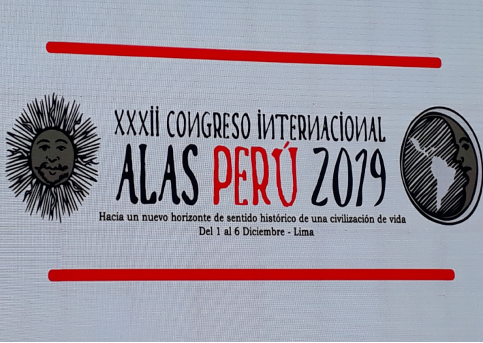
Credit: Kátia Carolino
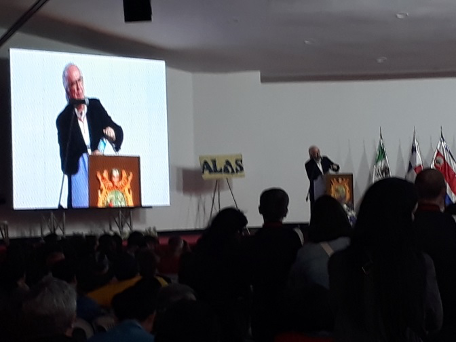
Credit: Kátia Carolino
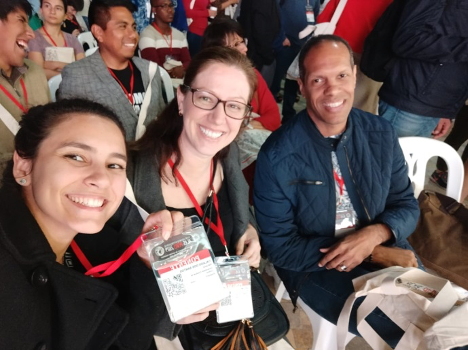
Credit: Baruana Calado
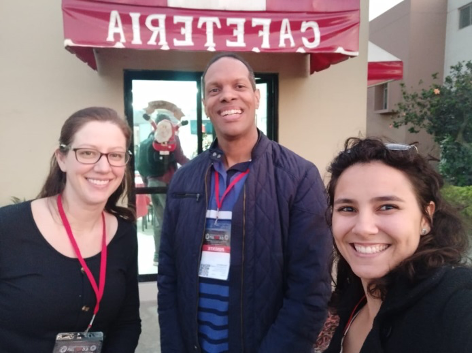
Credit: Baruana Calado
Professor Marcos Sorrentino, Rodrigo Machado, and I prepared an article on the topic of Public Policies, Governance, and Urban Agriculture which was presented to the Working Group on Environment, Society, and Sustainable Development.

Professor Marcos Sorrentino

Katia Carolino

Rodrigo Machado
Based on the theoretical framework of the Sociology of Public Action, the presentation sought to reflect on the relationship between the State and Civil Society based on the experience of Non-Governmental Organizations (NGOs) that worked in vegetable garden / urban agriculture projects in the city of São Paulo thanks to the support of the municipal government through the Special Environment Fund (FEMA). We identified the existence of a collaborative network between some institutions, as shown in the figure below:
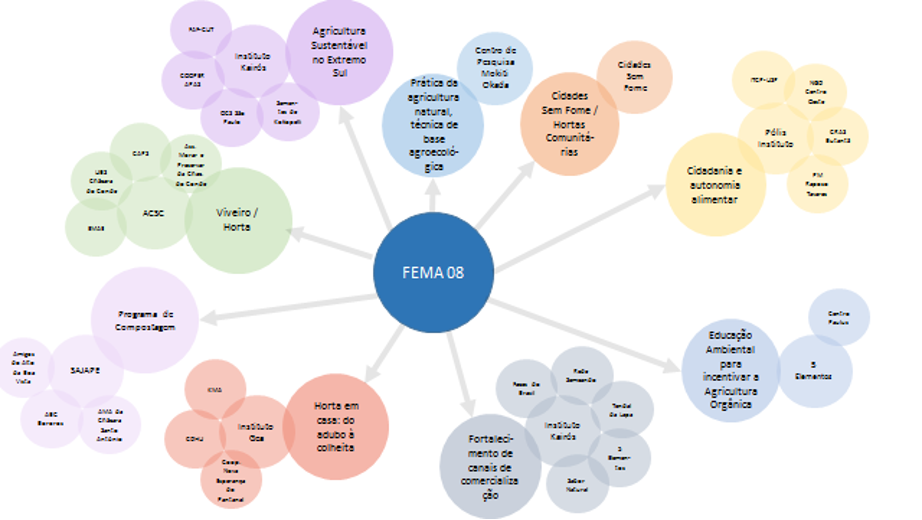
Figure 1 - Network of entities - FEMA nº 08.
Source: Own elaboration, based on the reports presented by the executing institutions.
Supported by evidence brought by the results of this work in dialogue with the theoretical framework, we realize that there are no gaps between the State and Civil Society (MASSARDIER, 2006), but societal projects in dispute across both spheres (DAGNINO, 2004). A project based on collaborative management defined by Ansell and Gash (2008, p. 544) as “a governing arrangement where one or more public agencies directly engage non-state stakeholders in a collective decision-making process that is formal, consensus-oriented, and deliberative and that aims to make or implement public policy or manage public programs or assets”. While another project is based on the reduction of the State as a guarantor of rights and a reduction in the scale of meeting social demands.
Professor Marcos Sorrentino, Rodrigo Machado, and I also wrote an article on Environmental Education, Social Participation, and Political Incidence that was presented to the Working Group on State, Legitimacy, Governance, and Democracy.
Considering the political moment experienced in Brazil effectively marked by setbacks in public environmental policies, the presentation sought to provide subsidies to reflect what extent Environmental Education together with social participation can contribute to the occupation of spaces of democratic representation and thus influence public policies.
We observe that the environmental issue aligned to a critical understanding of how societies have been economically organized to access and exploit natural resources, produce and distribute wealth and manage their waste demands an Environmental Education committed to those groups and segments of society usually excluded from the processes of formulation and implementation of public policies.
Therefore, we understand that the critical perspective of Environmental Education together with social participation can be understood as a process and an opportunity that can cause behavioral changes in the State and in society, with a view to breaking with the current paradigm of exploration at any cost or from exploration to exploration without taking into account the needs of future generations, as well as the existence of other forms of life on the planet.

